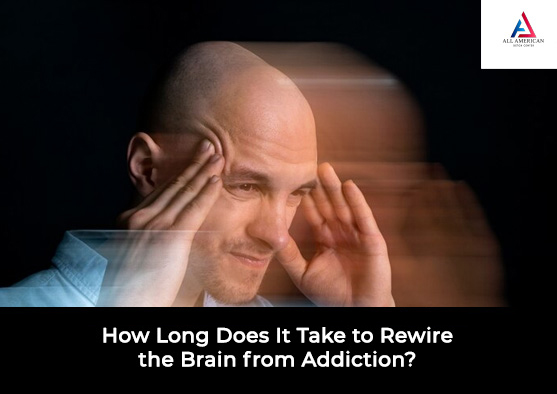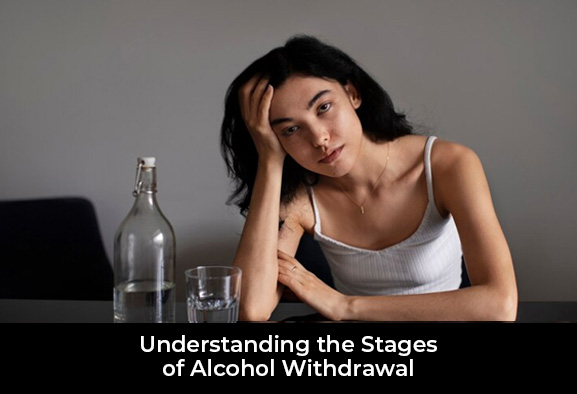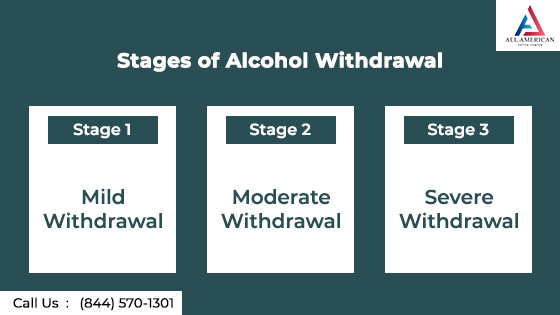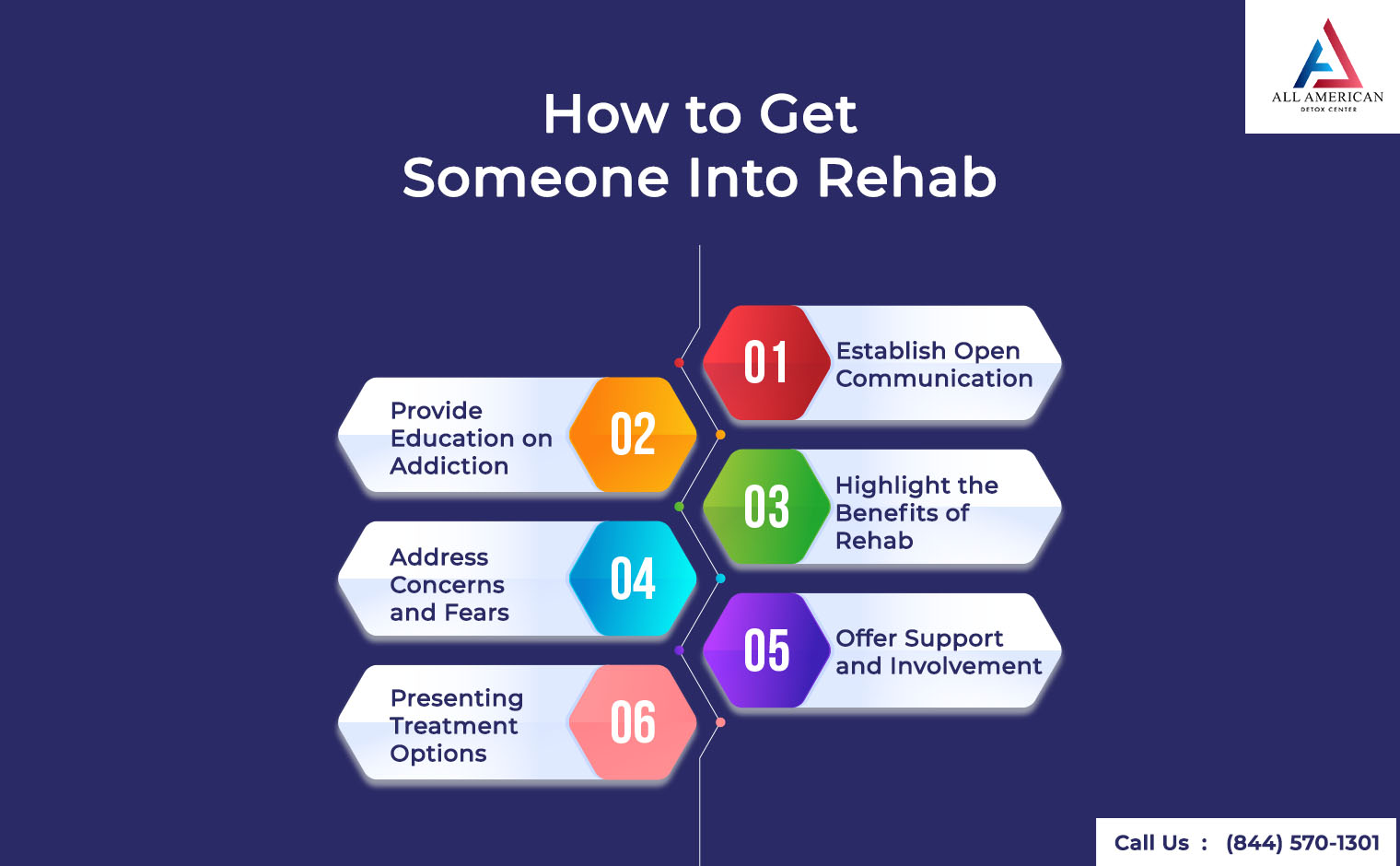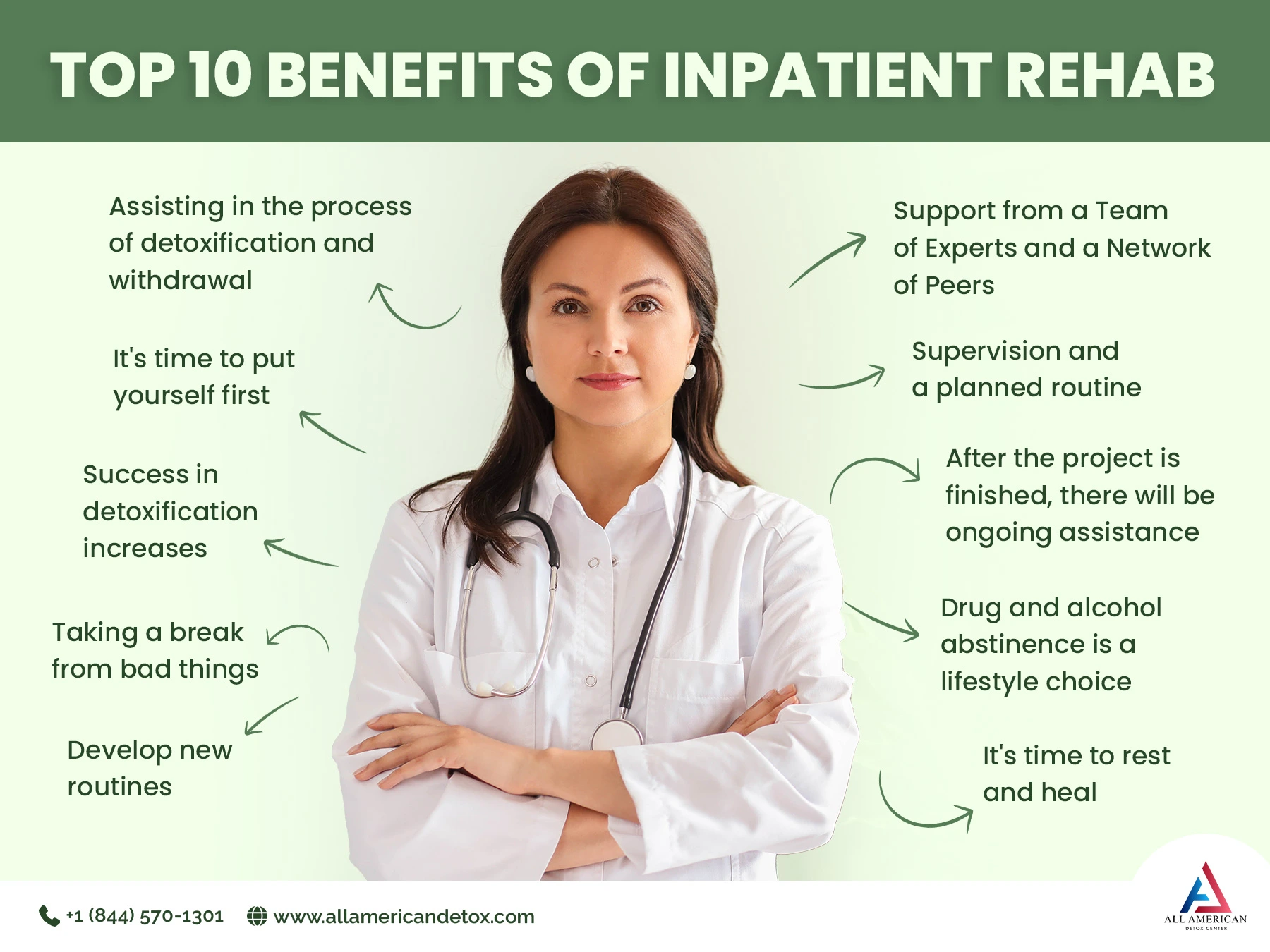Embarking on the journey to understand the intricate process of rewiring the brain from addiction involves delving deep into neuroscience. Addiction doesn’t just affect behavior; it leaves an indelible mark on the very fabric of our brains.
In this exploration, we will navigate the Areas Of the Brain Affected by Addiction, seeking answers to crucial questions such as “When Does Brain Chemistry Normalize After Detox?” and “What Does it Mean to Rewire the Brain from Addiction?”
Understanding Addiction and Brain
Addiction has a profound impact on the limbic system, hijacking the brain’s reward circuitry. The nucleus accumbens, a key player in pleasure and reward, becomes trapped in the clutches of substances, creating a vicious cycle reinforcing destructive behaviors.
Additionally, the prefrontal cortex, responsible for decision-making and impulse control, undergoes significant alterations, further complicating the journey to recovery.
Now, How Long To Rewire The Brain From Addiction?
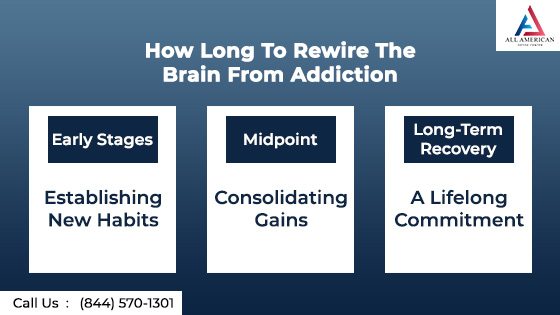
The question lingering in many minds is, “How long does it take to rewire the brain from addiction?” Unfortunately, there is no one-size-fits-all answer.
The duration of the rewiring process depends on diverse factors, such as the type and severity of addiction, individual resilience, and the support system in place.
Early Stages: Establishing New Habits
In the initial months of recovery, individuals focus on breaking the cycle of addiction and establishing new, healthy habits. This stage is critical in laying the groundwork for sustained change. Creating a routine that supports recovery, incorporating healthy activities, and cultivating positive relationships contribute significantly to the rewiring process.
Midpoint: Consolidating Gains
Individuals often experience a sense of accomplishment and stability as the journey progresses. The brain begins to adapt to the absence of addictive substances, and individuals learn to navigate life without relying on them. Both individual and group-based therapeutic interventions play a crucial role in consolidating the gains made during the early stages.
Long-Term Recovery: A Lifelong Commitment
Reaching the point of long-term recovery is a testament to an individual’s commitment and resilience. While the intensity of cravings may diminish over time, maintaining a rewired brain requires ongoing effort. Continuous engagement with support systems, regular therapy sessions, and participation in community-based recovery programs are integral to sustaining the positive changes.
The Impact on Different Brain Regions
Frontal Cortex:
One of the pivotal areas affected by addiction is the frontal cortex. This region, responsible for decision-making and impulse control, undergoes significant alterations in the wake of substance abuse. The relentless pursuit of addictive substances can compromise the executive functions of the frontal cortex, leading to a loss of control over one’s actions.
Limbic System:
The limbic system, particularly the nucleus accumbens and the amygdala, plays a central role in the experience of pleasure and emotional responses. Addiction hijacks this system, creating an overpowering drive to seek substances for pleasure. Breaking this cycle requires not only detoxification but a comprehensive approach to address the emotional imprints left by addiction.
Hippocampus:
The hippocampus, vital for memory and learning, is not spared from the impact of addiction. Substance abuse can disrupt the formation of new memories and hinder the ability to learn from past experiences. Rewiring the brain necessitates breaking the physiological chains and reconstructing the cognitive pathways in the hippocampus.
When Does Brain Chemistry Normalize After Detox? Unveiling the Timeline of Transformation
Detox is the initial step toward liberation from addiction, but a critical question looms: when does the intricate dance of brain chemistry return to a state of equilibrium? Post-detox, the body undergoes a healing process, shedding the remnants of the substance that held it captive. The duration varies, contingent on factors such as substance type, use duration, and individual physiology.
It’s a gradual metamorphosis, a symphony of molecular adjustments. For some, the pendulum of normalcy swings sooner, while others may endure a more prolonged recalibration. Understanding that the normalization of brain chemistry is a gradual, not instantaneous, process is paramount. Patience becomes the compass guiding individuals through this intricate odyssey.
What Does it Mean to Rewire the Brain from Addiction? Decoding the Essence of Transformation
Rewiring the brain from addiction transcends the physiological realm; it’s a profound metamorphosis that extends into the very fabric of one’s being. It involves dismantling the profoundly ingrained patterns etched by addiction and forging new neural pathways rooted in health and resilience.
This journey necessitates not only abstaining from substances but also actively engaging in therapeutic modalities.
Cognitive Behavioral Therapy (CBT) as a Catalyst
Rewiring the brain from addiction isn’t a passive process. Cognitive Behavioral Therapy (CBT) is a powerful catalyst in this journey. It focuses on identifying and modifying destructive thought patterns and behaviors, encouraging a profound transformation in how the brain responds to stimuli.
Mindfulness Practices: A Mind-Body Harmony
Integrating mindfulness practices further enhances the rewiring process. Mindfulness meditation and yoga foster a mind-body connection, aiding individuals in navigating cravings and developing a heightened awareness of their thoughts and emotions. This holistic approach contributes significantly to the restoration of balance in brain function.
Conclusion
In addiction recovery, understanding the terrain is half the battle. Acknowledging the areas of the brain affected, grasping the timeline of post-detox normalization, and embracing the essence of rewiring lay the foundation for a transformative journey.
The journey to rewire the brain from addiction is a profound and transformative experience. The duration of this process is as unique as the individual undertaking it. The key lies in acknowledging the complexity of addiction, embracing the support available, and committing to the ongoing work required for lasting change.

